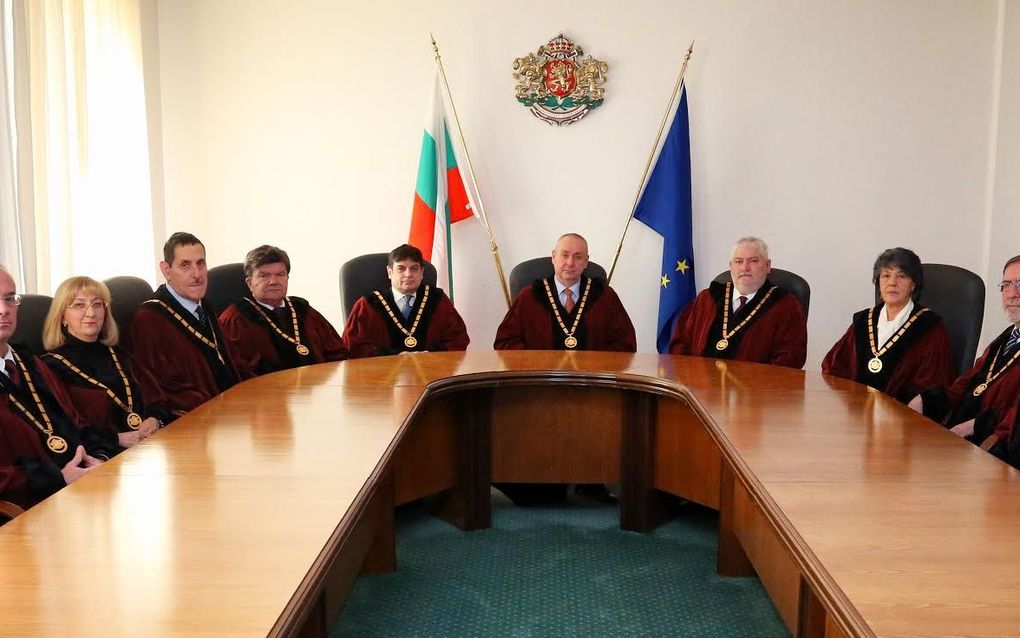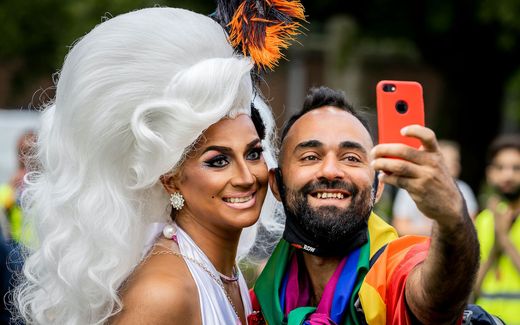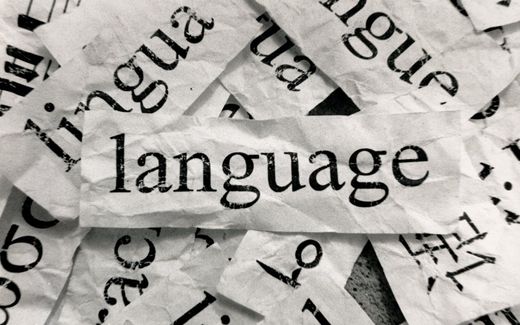Court in Bulgaria concludes: only biological sex, no gender

Judges of the Constitutional Court in Bulgaria have taken a conclusion about sex and gender that could be ground breaking. Photo Constitutional Court Bulgaria
Eastern Europe
Regarding the Bulgarian constitution, the word “gender” can only refer to biological sex. Ratification of the human rights treaty against domestic violence (known as the so-called Istanbul Convention) would be anti-constitutional. That was the long-awaited interpretative decision, last week, of the Bulgarian Constitutional Court.
The Court ruled on October 26th that the legal status of transgender people can be further resolved through changes in legislation, Krassen Nikolov writes on the website Euractiv. Bulgarian institutions cannot be obliged to accept the self-determination of citizens to sex that is different from their biological one.
The Constitutional Court says that in the Bulgarian constitution, the biological sex “woman” is associated with the social role of the mother, with childbirth and with obstetric care. “The constitution does not create a gender that is independent of the biological sex,” the Constitutional Court stated.
Debates
The judgment follows a March 2021 request from the Supreme Court to the Constitutional Court to define the term gender/sex in the context of Bulgaria's fundamental law.
The request followed fierce debates over the treaty between 2018-2019. Controversy arose around the Istanbul Convention's use of the term "gender" as a social construct as opposed to the biological "sex".
Istanbul Convention
Bulgaria’s government approved the Istanbul Convention in January 2018, but the plan to pass it for ratification in parliament met a wave of criticism, both from far right and leftist parties.
Socially conservative voices said they feared the adoption of a “gender ideology” that would unduly increase the rights of the LGBT community and expose children to sexual content in schools.
The Constitutional Court deemed the Convention anti-constitutional in 2018.
Criticism
Activists in Bulgaria have criticised the ruling of the Constitutional Court, BalkanInsight reports. Lawyer Denitsa Lyubenova, part of the NGO “Deystvie” (Action), said the decision was “extremely disappointing”.
"The decision doesn't worsen the situation of trans people in Bulgaria in a major way, as it already is very complicated," she said.
Ivanova also criticised the inclusion of a statement from the Bulgarian Orthodox Church in the case, saying it undermined the principle of the separation of Church and state.
Orthodox Church
In June, the Bulgarian Orthodox Church expressed its view when the Constitutional Court was requested to offer its interpretation. In short, the Church declared that new gender ideologies are a demonic attack aimed at separating man from God, Orthodox Christianity writes.
The Church had expressed the same opinion in response to the views of gender contained in the Istanbul Convention.
Elections
The topic of ratification of the Istanbul Convention returned to the public sphere after the opposition Bulgarian Socialist Party started again criticising the treaty ahead of the forthcoming general election.
Bulgarians will vote again on November 14th (both for a new assembly as for the president) after inconclusive elections in April and July failed to produce a government, Reuters writes. In the polls, the centre-right GERB party is leading. Three years ago, GERB refused to move the Istanbul Convention for ratification in parliament.
Attack on LGBT centre
Rioters severely damaged an office of a community centre for LGBT people in the Bulgarian capital Sofia. Around ten rioters reportedly broke into a meeting for trans people around 5.30 pm on Saturday.
“My worst fears have come true”, writes Gloriya Filipova on Twitter. Filipova is a project coordinator at Bilitis, the oldest active non-profit organisation for LGBT rights in Bulgaria. She was also hit in the face during the action.
Bilitis points to the far-right politician Boyan Rasate as responsible for the attack. Rasate is one of the 23 candidates in the presidential elections on November 14th and was arrested in 2008 for disturbing the first gay pride in Bulgaria.
Related Articles






